
Breaking Bad Habits: Strategies for Overcoming Unhealthy Behaviours
In the journey of personal growth and development, one of the most challenging obstacles we encounter is breaking bad habits.Whether it's scrolling mindlessly through social media, indulging in unhealthy snacks, or succumbing to procrastination, these habits can take a toll on our physical and mental well-being. But fear not, because help is at hand! Introducing Chivvy – your personal AI-powered self-help companion designed to support you on your journey to personal growth and positive change.In this blog, we delve into the psychology behind habits and explore actionable techniques to break free from their grip.
Understanding Habits

Understanding habits is like unlocking the secret code to your own behaviour. It's about delving into the intricate workings of your mind to comprehend why you do what you do on a daily basis. From the seemingly mundane routines to the deeply ingrained patterns, every habit holds a story—a story that reveals your desires, motivations, and even fears.
To truly grasp habits is to embark on a journey of self-discovery. It's about peeling back the layers of your subconscious and shedding light on the underlying mechanisms driving your actions. By understanding the triggers, rewards, and cues that shape your habits, you gain invaluable insight into your own psyche.
Identify Your Triggers
The first step in overcoming bad habits is to identify the triggers that set them off. Triggers can be anything from specific emotions, locations, or even certain people. By becoming aware of these triggers, you can interrupt the habit loop before it spirals out of control. Keep a journal or use a habit-tracking app to record instances when you engage in unwanted behaviour and note down the circumstances surrounding it. By taking the time to identify your triggers, you gain valuable insight into your own patterns and tendencies, allowing you to better anticipate and manage challenging situations.
This personalised approach empowers you to develop tailored strategies for coping with stress, anxiety, or other difficult emotions. By recognizing your triggers, you can proactively implement healthy coping mechanisms, such as mindfulness practices, deep breathing exercises, or seeking support from loved ones.
Moreover, by pinpointing your triggers, you can also work towards addressing underlying issues or traumas that may be contributing to your emotional responses. This process of self-discovery and self-awareness fosters personal growth and resilience, enabling you to navigate life's ups and downs with greater ease and confidence.
Replace Negative Habits with Positive Ones
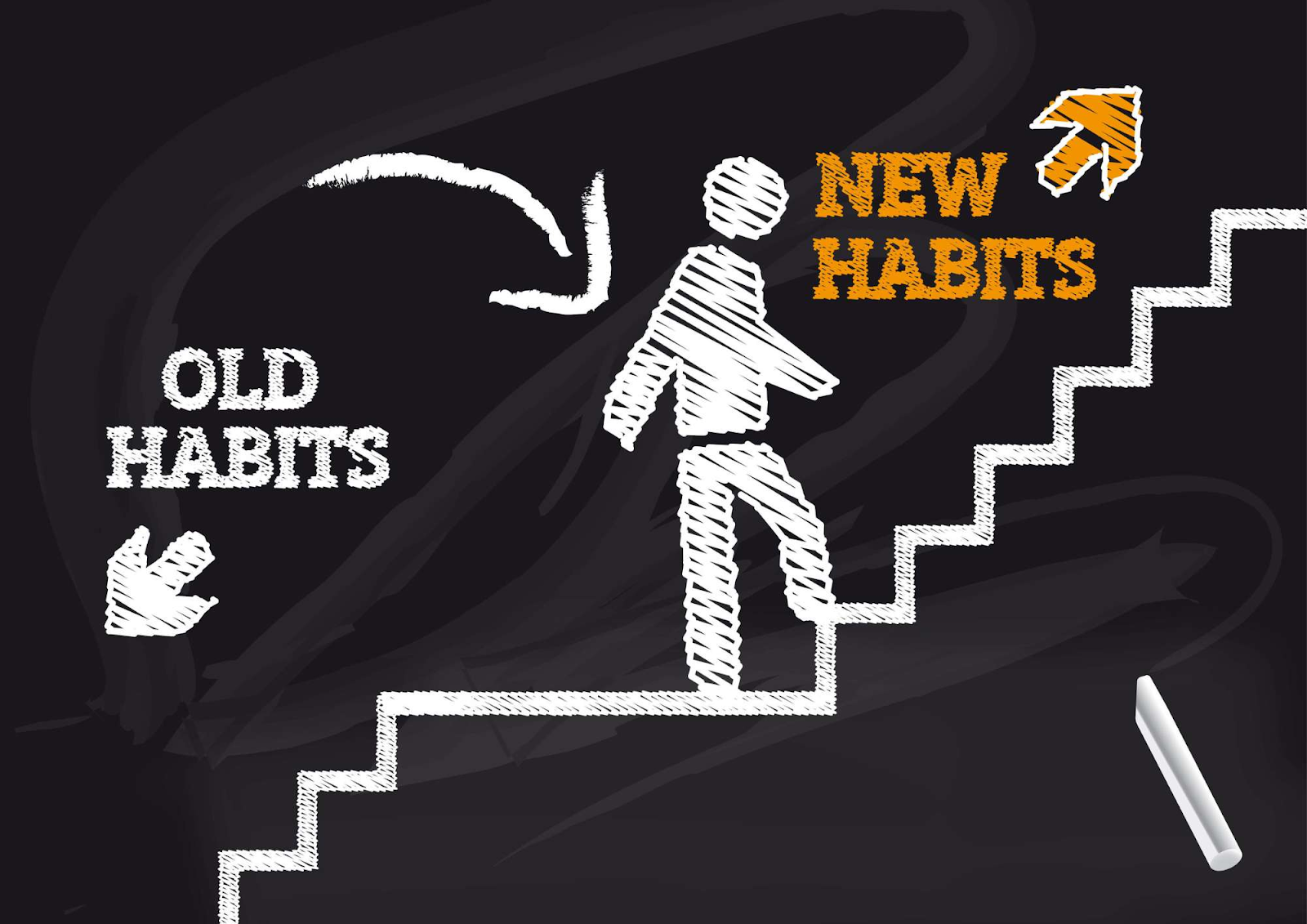
Breaking a habit is not just about eliminating the unwanted behaviour; it's also about replacing it with healthier alternatives. For example, if you have a habit of stress-eating, instead of reaching for junk food, try going for a walk or practising deep breathing exercises to manage your stress. By substituting negative habits with positive ones, you not only break the cycle but also create new, beneficial routines.
Set SMART Goals
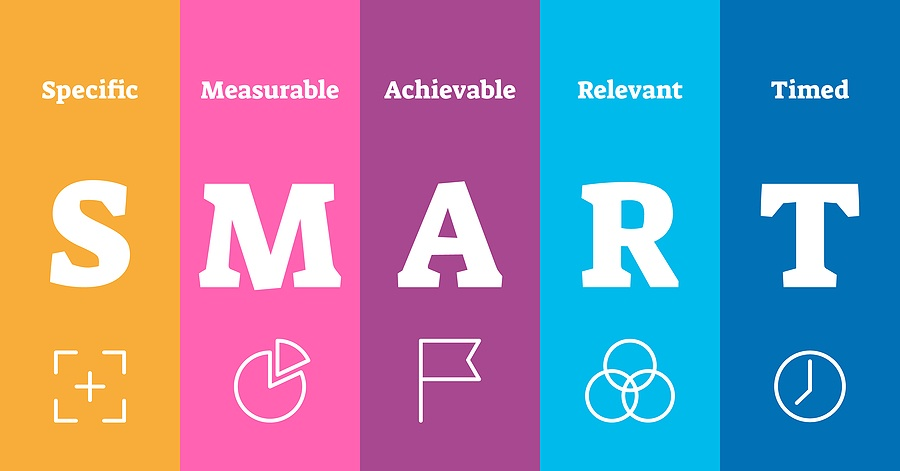
Setting clear and achievable goals is essential in the process of breaking bad habits. Utilise the SMART criteria – Specific, Measurable, Achievable, Relevant, and Time-bound – to outline your objectives. For instance, rather than setting a vague goal like "I want to stop procrastinating," make it specific by saying, "I will spend 30 minutes every day working on my project." By setting SMART goals, you provide yourself with a roadmap for success and track your progress along the way.
Practice Self-Compassion

Breaking bad habits is not always a smooth journey. There will be setbacks and moments of weakness along the way. It's important to practise self-compassion and forgive yourself when you slip up. Beating yourself up over a relapse will only demotivate you further. Instead, acknowledge your mistake, learn from it, and recommit to your goals. Remember, change takes time, and every small step forward is a victory in itself.
Utilise Behavioral Therapy Techniques
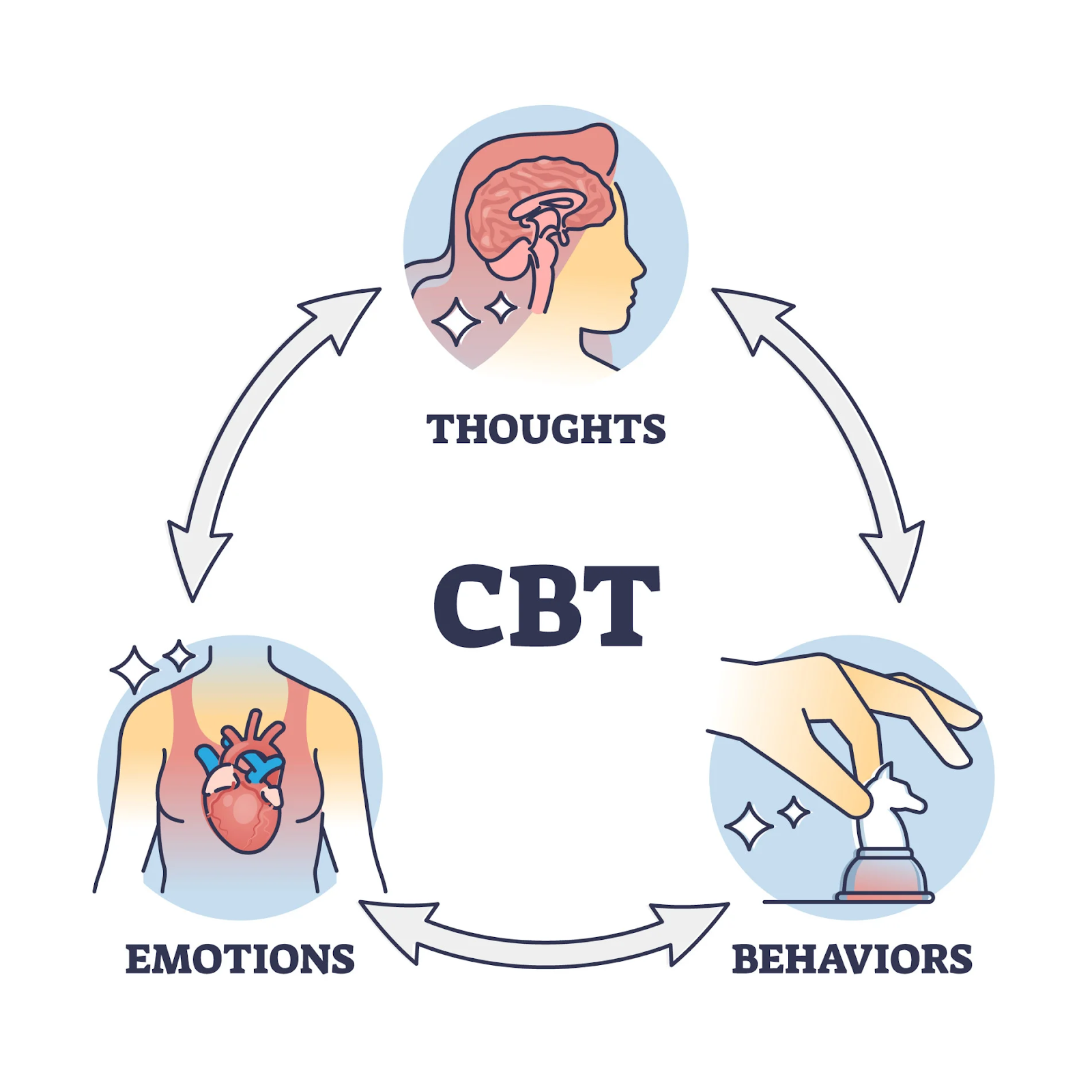
Behavioural therapy techniques, such as cognitive-behavioural therapy (CBT), can be highly effective in breaking bad habits. CBT helps individuals identify and challenge the negative thoughts and beliefs that contribute to their unhealthy behaviours. By replacing these maladaptive thoughts with more positive and rational ones, individuals can change their behavioural patterns. Consider seeking the guidance of a therapist or counsellor trained in CBT to help you overcome your habits.
Create a Support System

Surrounding yourself with a supportive network of friends, family, or peers can significantly increase your chances of success in breaking bad habits. Share your goals with them and enlist their encouragement and accountability. Having someone to hold you accountable and celebrate your victories with can make the journey much more manageable. Joining support groups or online communities focused on habit change can also provide valuable resources and encouragement.
Practice Mindfulness
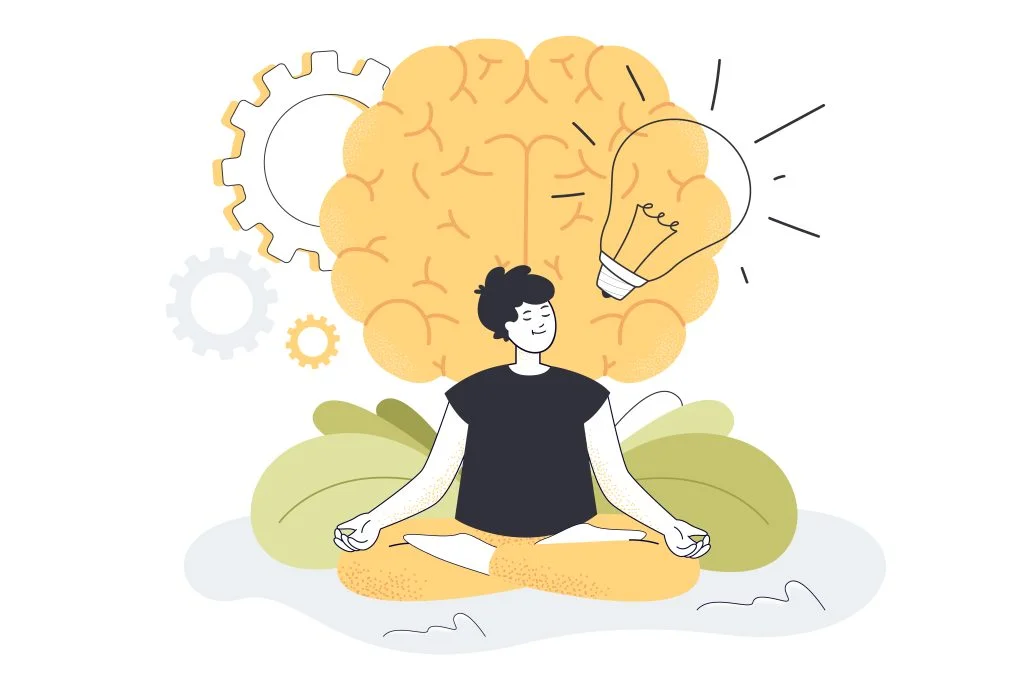
Mindfulness, the practice of being present and aware of your thoughts and feelings without judgement, can be a powerful tool in breaking bad habits. By bringing awareness to your habits and the underlying triggers, you can better understand the motivations behind them. Mindfulness techniques, such as meditation and body scanning, can help you develop greater self-control and resilience in the face of temptation.
Reward Yourself
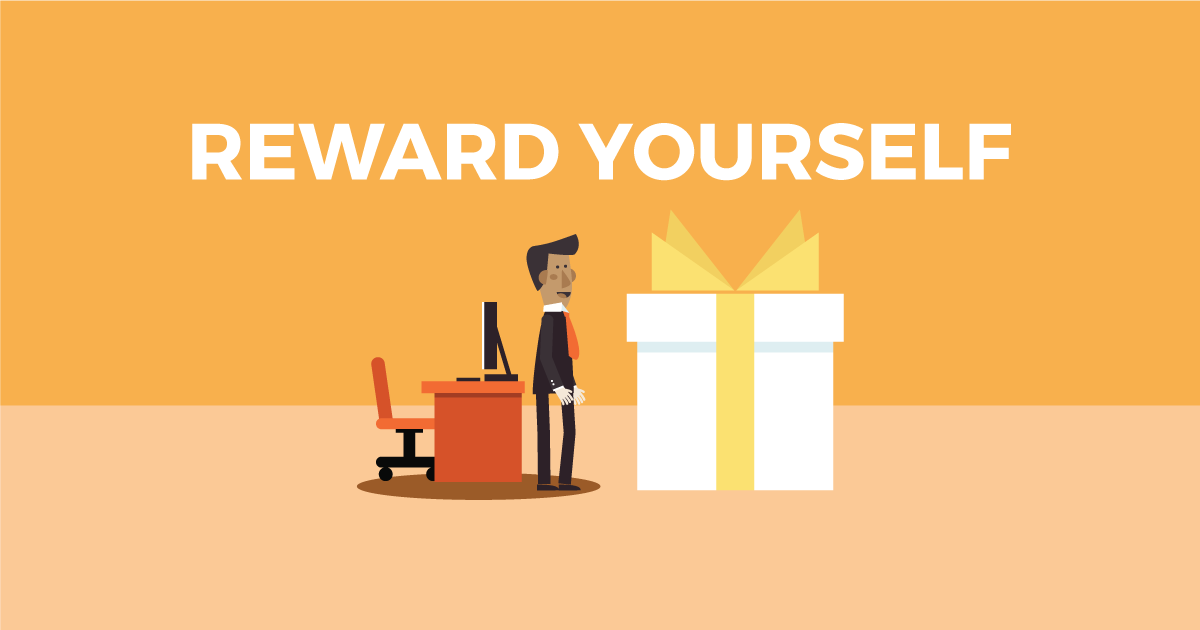
Finally, don't forget to reward yourself for your efforts along the way. Celebrate each milestone and achievement, no matter how small. Rewards can be anything from treating yourself to a favourite activity or indulging in a guilty pleasure (in moderation, of course). By acknowledging your progress and giving yourself positive reinforcement, you reinforce the new behaviours you're trying to cultivate.
Conclusion
Breaking bad habits is no easy feat, but with the right tools and support, it's entirely possible. Chivvy combines the power of artificial intelligence with proven strategies from psychology and neuroscience to help you overcome unhealthy behaviours and create lasting change.
By understanding the psychology behind habits, identifying triggers, setting SMART goals, practising self-compassion, utilising therapy techniques, creating a support system, practising mindfulness, and rewarding yourself, you can overcome even the most ingrained behaviours. Remember, change takes time and effort, but with persistence and dedication, you can break free from unhealthy habits and live a happier, healthier life.